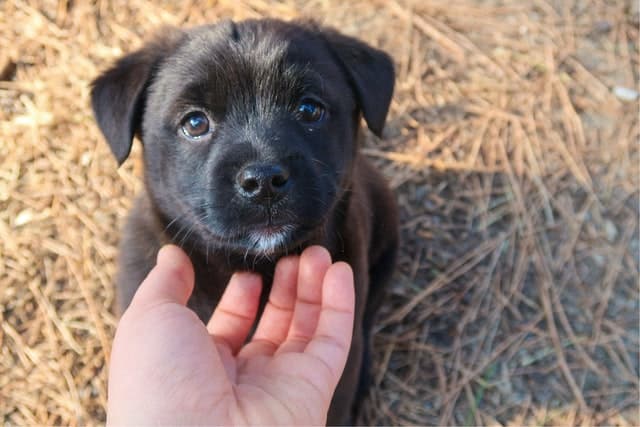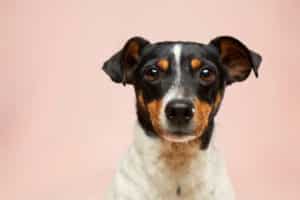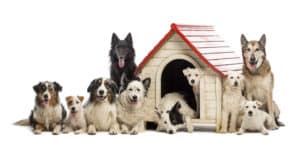
Redirection
Bite inhibition
Bite inhibition is your puppy’s ability to control the strength of their biting or mouthing and it’s important for so many reasons. Not only does it prevent your puppy from chewing your fingers now, but it can save your dog’s life later on. When dogs are startled their natural reaction can be to bite whatever startled them. Inhibition training now can prevent accidents in the future.
Begin your inhibition training by making a loud or pained yelping sound when your puppy bites too hard. This yelping sound mimics the natural sounds that puppies make when play gets too rough and is an indicator that they have hurt you and should play gentler. Gradually, as your puppy begins to understand that they are hurting you, make the yelping sound on gentler bites. You eventually want to be able to teach them that teeth do not belong on human skin at all.
Stop playing when it gets too rough
Consistency
One of the most important aspects of training your puppy not to bite is consistency. Puppies explore the world with their mouths and mouthing is a natural behaviour to them. It is going to take consistency and repetition for your puppy to understand what is and what isn’t acceptable behaviour. Make their training as smooth and easy as possible by not giving them mixed signals. It’s also a good idea to make sure the entire family is on the same page when it comes to puppy training. Mixed signals will just end in a confused puppy and frustrated pet parents.
You can also consider taking your puppy to puppy preschool. A good puppy preschool can provide you with tips and tricks to help get through the teething stage intact. We offer a fantastic puppy school to help set your puppy up with good training habits for life.
Raising a new puppy requires a lot of patience, love and commitment. However, if you can put in the time and training now, you and your puppy will benefit from it immensely. If you need advice getting your puppy through the biting stage or you have any questions or concerns, give our friendly veterinary team in Coffs Harbour a call on (02) 6651 2477 today.



